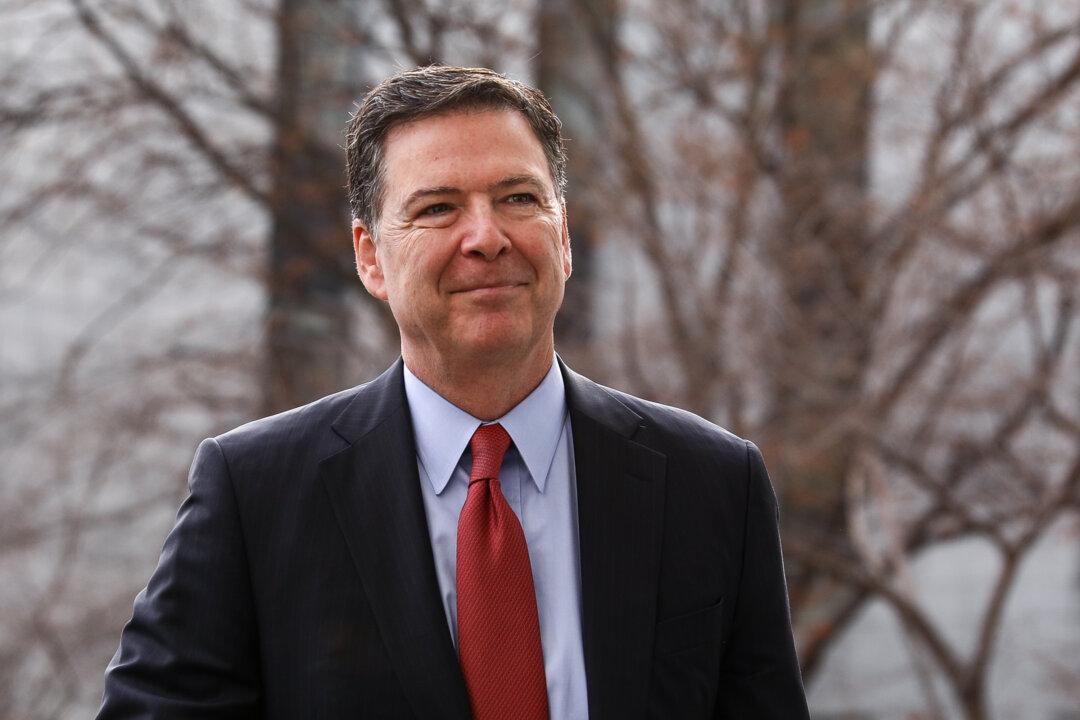FBI officials investigated former President Donald Trump “the right way,” former Director James Comey claimed on May 30.
Special counsel John Durham in his recent report highlighted how the FBI opened its probe into Trump ahead of the 2016 election by relying on unverified information from Australia and detailed how the treatment of Trump differed dramatically from how the bureau acted after it received derogatory information regarding Trump’s rival, former Secretary of State Hillary Clinton.





